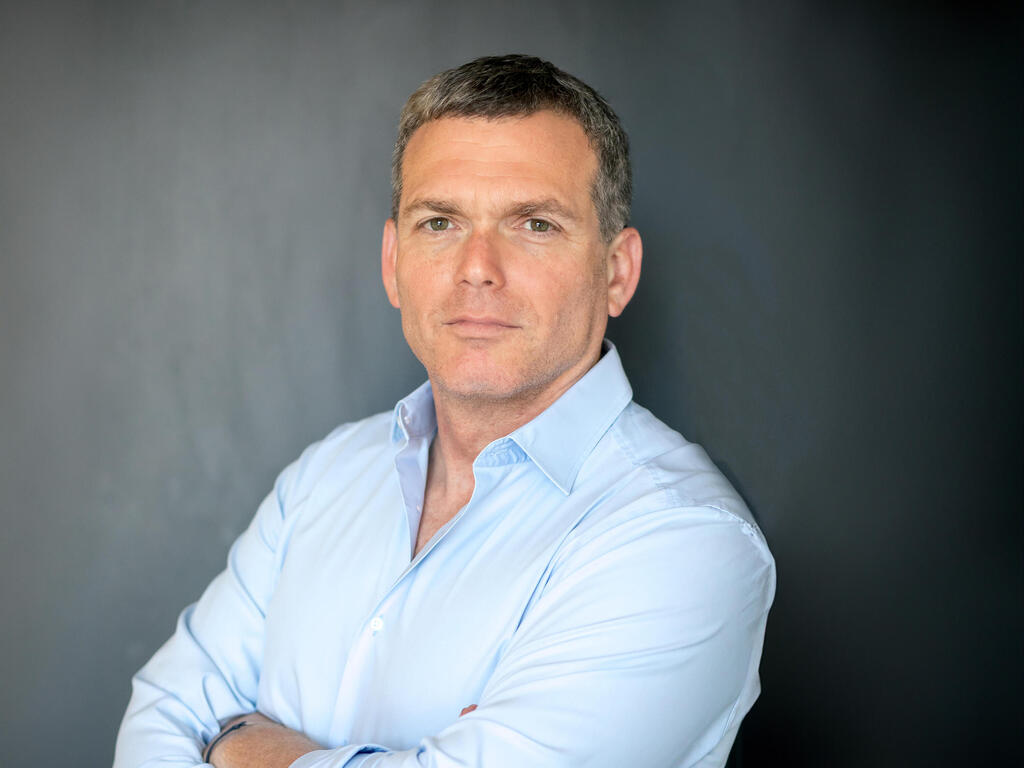
Check Point edges past forecasts as new CEO reshuffles leadership, bets big on AI
Zafrir’s plan includes platform unification, hybrid work focus, and AI R&D expansion.
Israeli cybersecurity company Check Point ended its first full quarter under new CEO Nadav Zafrir with solid results that slightly exceeded market expectations.
The company reported a 7% increase in revenue, reaching $638 million—squarely within the forecast range it had provided three months earlier, and slightly above analyst expectations of $636.2 million.
Check Point attributed the growth to strong performance from its Quantum Force products, including the new firewall launched in early 2024.
Net income for the first quarter rose 9% to $246 million, or $2.21 per share, beating analysts’ forecast of $2.19 per share. Billings—a metric that reflects changes in deferred revenue and income—also rose 7% year-over-year, reaching $552 million.
Operating expenses increased by 7%, primarily due to heightened investment in sales and marketing, part of Zafrir’s strategic push.
On a positive note, cash flow from operations jumped 17% to $421 million, bringing Check Point’s total cash balance to $2.9 billion.
Commenting on the quarterly results, Zafrir said: “We had a solid quarter that puts us in a good place for the rest of the year. I’m 28 days into my first 100 days as CEO, and my goal has been to meet as many Check Point employees and potential customers as possible. I’ve succeeded in doing that—and what makes me optimistic is the enthusiasm from our partners, who want to strengthen their relationship with us.”
Zafrir also presented a new strategic vision focused on unifying Check Point’s products under a single, open platform tailored for the AI era.
“Customer networks today are defined by their connectivity and hybridity—cloud and on-prem environments, remote and in-office employees,” he said. “Our platform will be open and capable of integrating with other players in the industry, as demonstrated by our partnership with Wiz. The goal is to enable customers to manage all their security needs through Check Point’s central portal.”
He emphasized that AI represents a “disruptive and world-changing event” and that it must be approached with “intellectual humility.”
“That’s why we announced the establishment of a research center back in January and why we’re appointing Yonatan Zanger as CTO to lead our AI initiatives,” said Zafrir. “Yonatan has deep experience in cybersecurity and AI, both from his time in the military and more recently at startups. Dorit Dor will step down from her role and stay on as a senior advisor.”
Zafrir also announced the formation of a new organizational unit focused on securing hybrid and global workforces by consolidating employee-facing security solutions.
“As part of this initiative, we’re appointing Gil Friedrich as VP of Email Security. Gil founded Avanan—one of Check Point’s most successful acquisitions—and he’ll lead the development of our workplace security solutions.”
On the topic of U.S. President Donald Trump’s new tariff policies, Zafrir said: “So far, we haven’t seen a direct impact, but we’re closely monitoring the situation.”
Check Point differs from many cybersecurity companies in that it also manufactures hardware, which accounts for about 20% of its business. The hardware is manufactured in Taiwan and shipped to customers in Israel. According to CFO Roei Golan, even in a worst-case scenario of a 32% tariff, the impact on operations would be “insignificant.”














